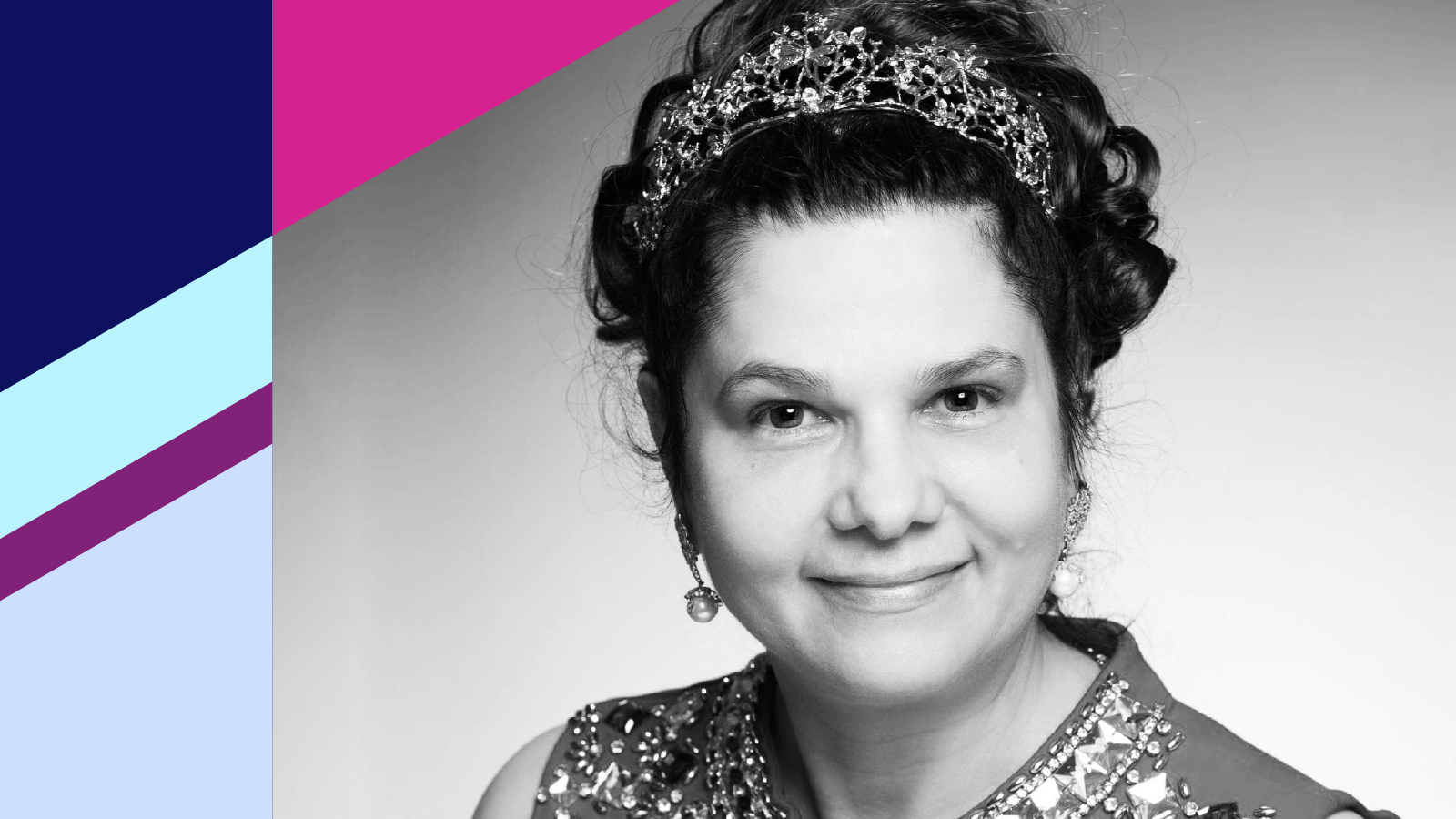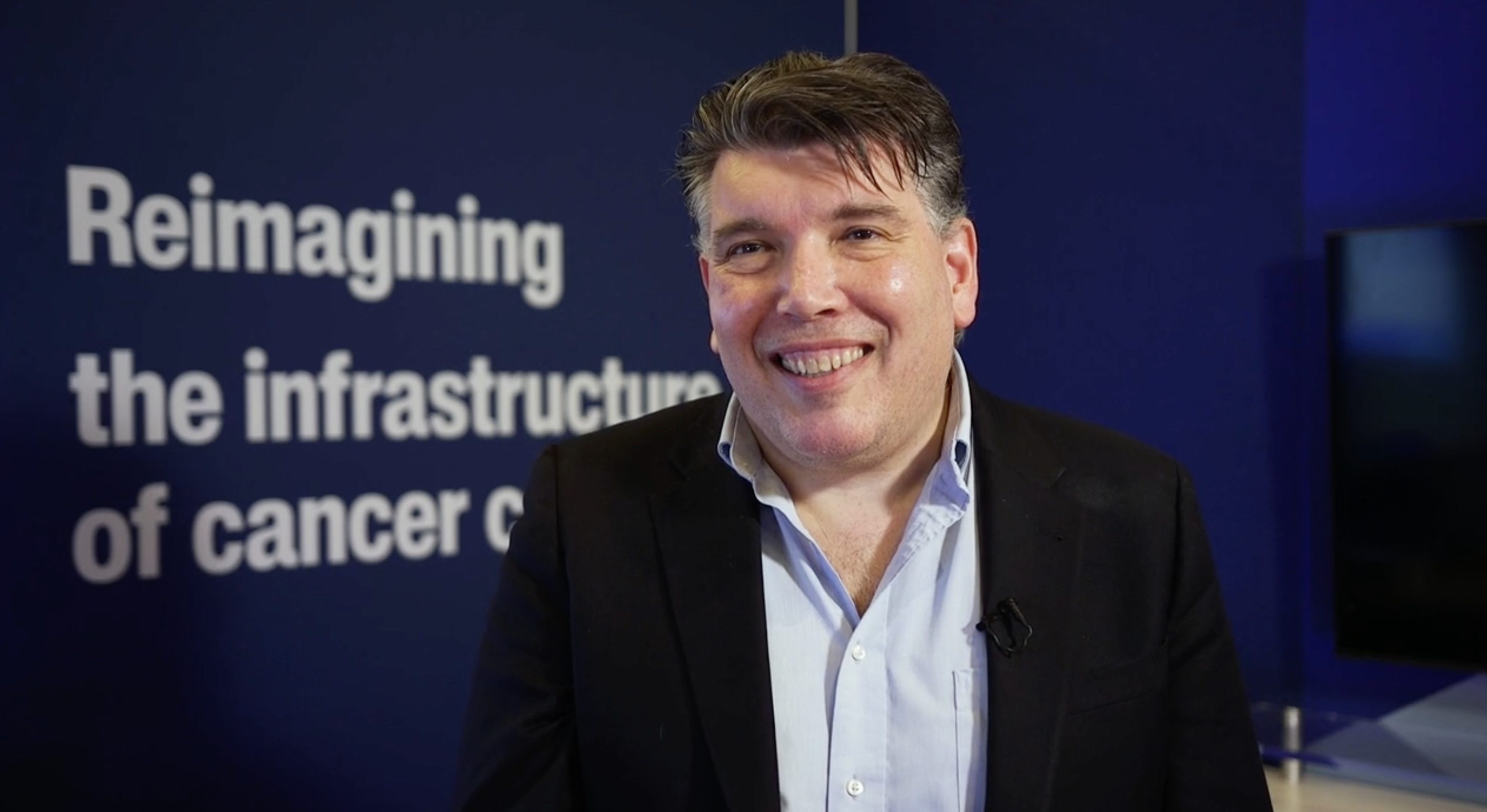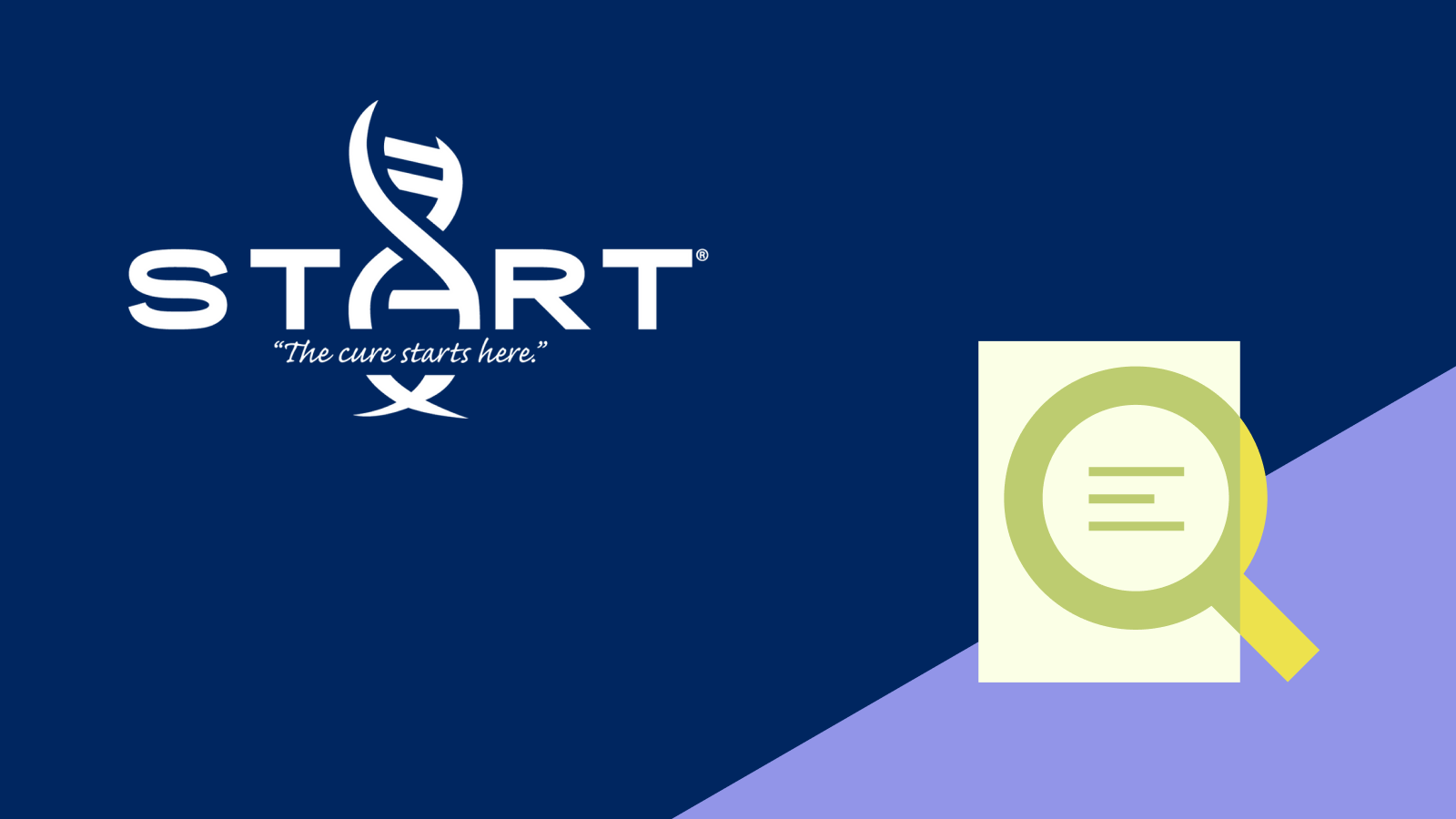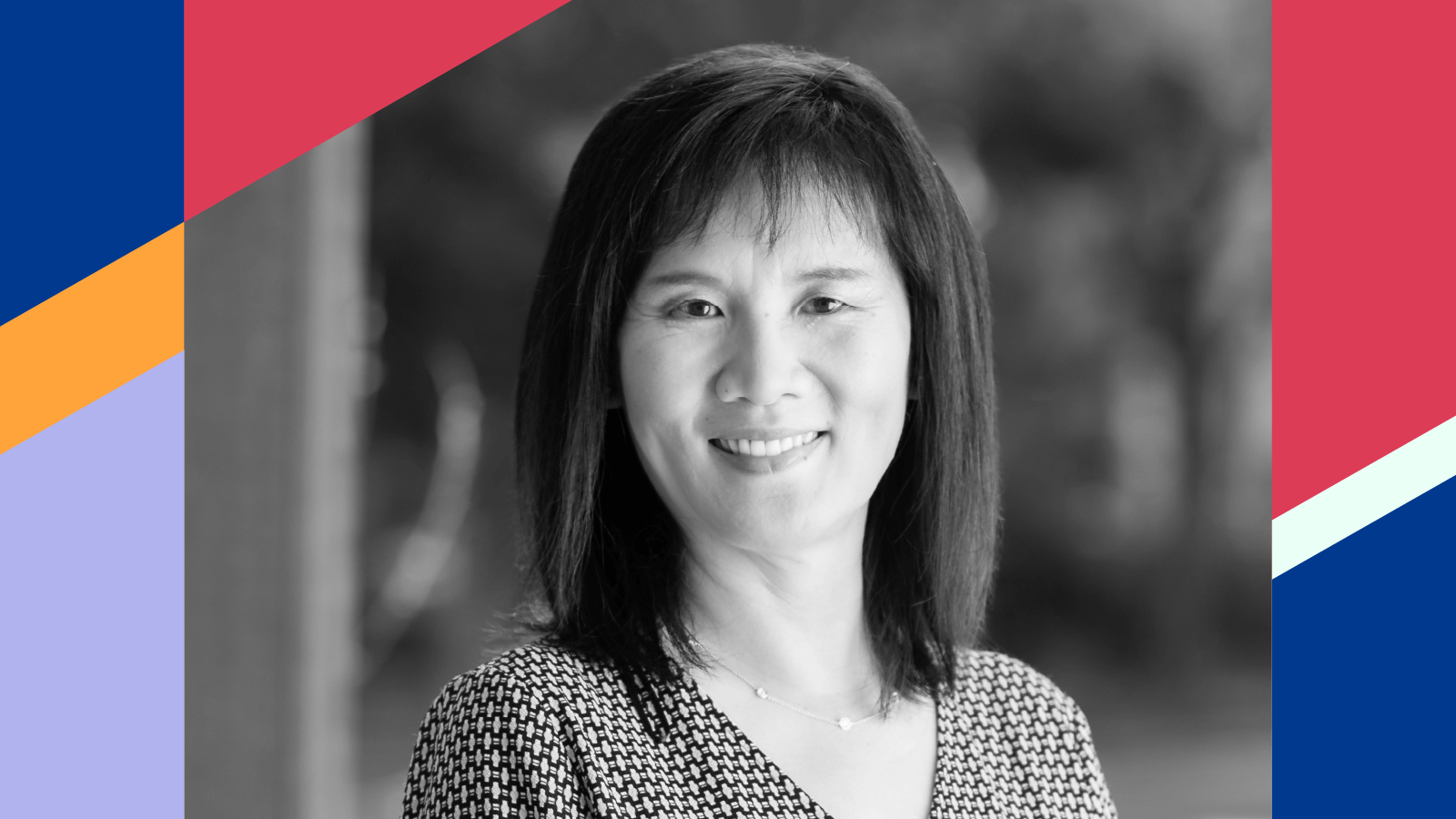We spoke with Dr. Iuliana Shapira about how COVID affected her practice, the way the government gets involved in electronic health records and the advice she has for us on improving CareSpace.
Joining us today From the Community is Dr. Iuliana Shapira, the chief medical officer at Regional Cancer Care Associates (RCCA) in New Jersey.
The below interview has been edited for length and/or clarity.
Carolyn Starrett: I am delighted to welcome Dr. Iuliana Shapira today, the chief medical officer at Regional Cancer Care Associates, or RCCA, in New Jersey. She’s joining us for a discussion about top priorities for 2021 and how we can best impact day-to-day cancer care operations and patient impact.
Nina Chavez: Dr. Shapira, how has COVID affected your practice not only from the clinical perspective, but also from any operational changes you’ve had to make?
Dr. Iuliana Shapira: So New Jersey closed on March 13—one of the first ones with New York—and New Jersey is where we have a bulk of our practices. So we had to troubleshoot and work with Flatiron and our Flatiron colleagues to develop telemedicine notes, policy, procedures, new teachings and education.
I remember doing training for telemedicine and telehealth with our physicians on weekends, nights, evenings... and working with Flatiron to put that together and make sure that the access to cancer care continues.
We never closed because we had support from Flatiron and I thank you for that. None of our offices closed, so we continued full speed ahead despite a very high rate of positive COVID tests—40% rate of positive patients. So we instituted a one week round in the hospital, followed by two weeks off and then back to the clinic. So during the two weeks that you’re not in the clinic, you do telemedicine.
Just to let you know, we had the refrigerated trucks that were used by the morgue to put the bodies there because we were overwhelmed. We removed many of our hospital chairs from auditoriums and transformed the auditoriums and cafeterias and even entrance sites into COVID floors, just to cope with the enormity of this pandemic. I mean, we were really hit hard.
And I tell you, without the support that you guys offered us in putting together the telemedicine and making sure that our patients still maintain access to us, it would have been impossible to deal with this. Now it's far better. Now we get a million phone calls about “When is my vaccine coming?” and “When am I going to get the vaccine?”
But it’s better to deal with that than to deal with death and destruction and fear. And I mean, we did not know—those of us that go and treat patients—if we’d come home and die, or if we’d come home with some bug and kill our entire family.
We did not know—those of us that go and treat patients—if we’d come home and die, or if we’d come home with some bug and kill our entire family.
I commend the doctors and nurses and the people that work at the grocery stores and the truck drivers and everybody who had to work in spite of everything that happened. And again without your support, we would not have been able to do that.
Nina Chavez: Thank you for sharing that with us. I know when COVID started, the teams here at Flatiron really rallied and supported the practices, and it was very nice to see and be part of that.
What advice do you all have for us in 2021? And how can Flatiron help you deliver on your top priorities?
Dr. Iuliana Shapira: I'm afraid that if I say “please help me with X” it’s going to happen next week! Because when I started here and I spoke to you about, can you please create a clinical decision support system for RCCA? I believe I said that in August and by the end of November, we had Flatiron Assist™.
Learn more about Flatiron Assist™
So thank you, amazing. I mean, my wishes come true every time, and I’m very impressed by this team. But I would love to see CareSpace look more like a portable personal electronic health record for each patient.
I resent people being tracked by the government and the government getting into my electronic health records. And having a healthcare ID or a patient ID, the way they have in France and Germany is very intrusive on patients’ privacy.
However, we cannot ensure continuity of care if the patients don't have access to their records in real time. We are far more mobile; a lot of my patients in the summer go to Florida, and many of the practices in Florida have OncoEMR® or Epic or something. If we could use CareSpace there, none of their care would be disturbed.
I want to move away from the primitive mindset of, “Oh, I’ll fax you the records.” That's ridiculous and wastes ink, wastes paper and we should not be doing that. We should allow patients to share their CareSpace electronic health records with anybody. And obviously we have to make CareSpace so functional that the patient summaries or latest physician notes will be onboarded there.
I want to move away from the primitive mindset of ‘oh, ‘I’ll fax you the records’. That’s ridiculous and wastes ink, wastes paper and we should not be doing that.
Nina Chavez: Yeah. I completely agree that making sure patients have access to their records and that they can share with whom they want is very important.
One last question—will we be seeing you at OncoCloud Virtual this year?
Dr. Iuliana Shapira: Yes! I will be there in September.



